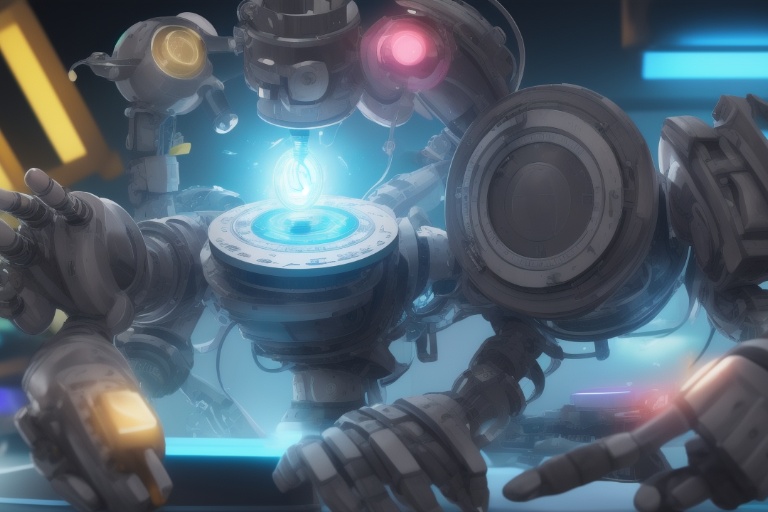Artificial intelligence (AI) has been evolving at a breakneck pace, and today, we're witnessing the emergence of some of the most advanced AI systems the world has ever seen. With each passing day, these systems are not only proving their mettle by performing tasks previously reserved for human expertise but are also transforming countless industries. From creating texts that can easily be mistaken for those written by humans to mastering games that require high levels of strategic thinking, AI is truly shifting the paradigm. Let's take a closer look at some of the standout AI technologies and the remarkable contributions they've been making to various sectors.
Artificial intelligence (AI) has been evolving at a breakneck pace, and today, we're witnessing the emergence of some of the most advanced AI systems the world has ever seen. With each passing day, these systems are not only proving their mettle by performing tasks previously reserved for human expertise but are also transforming countless industries. From creating texts that can easily be mistaken for those written by humans to mastering games that require high levels of strategic thinking, AI is truly shifting the paradigm. Let's take a closer look at some of the standout AI technologies and the remarkable contributions they've been making to various sectors.
The Vanguard of AI: GPT-3
One of the most talked-about AI systems of recent times is OpenAI's GPT-3. This cutting-edge technology is known for its ability to generate text that is strikingly human in its tone and style. It's a powerful language model that uses deep learning to produce content that can answer questions, write essays, and even compose poetry. The sophistication of GPT-3 lies in its magnitude—it was trained using an unprecedented amount of data, which enables it to have a grasp on a wide array of topics. Its versatility makes it a valuable asset in fields such as content creation, customer service, and education.
Intelligence That Plays to Win: AlphaGo
DeepMind's AlphaGo is another AI milestone. It famously made headlines when it defeated the world champion Go player, a feat that was once thought to be decades away due to the game's complexity. AlphaGo utilizes a type of AI known as deep learning, combined with Monte Carlo Tree Search, to predict moves and strategize at an elite level. This historic win not only demonstrated the creative problem-solving capabilities of AI but also spurred advancements in the use of AI for complex decision-making tasks across various industries.
The Quiz Maestro: IBM's Watson
IBM's Watson burst onto the scene as a formidable contender on the quiz show "Jeopardy!", where it bested human champions. Beyond its trivia prowess, Watson represents the potential of AI in processing and analyzing massive amounts of information quickly and accurately. Today, Watson's capabilities are harnessed in healthcare for oncology diagnosis and treatment recommendations, among other applications. Its ability to sift through vast medical literature and data helps physicians in making informed decisions, transforming patient outcomes.
Additional AI Innovators:
A spectrum of other AI-driven technologies have also been making significant strides:
Sophia: A lifelike humanoid robot powered by AI, capable of engaging in natural conversations and displaying more than 60 facial expressions.
Tesla Autopilot: Tesla's advanced self-driving technology that brings us closer to the goal of fully autonomous vehicles.
Virtual Assistants: Technologies like Siri, Amazon Alexa, Google Assistant, and Baidu DuerOS have changed the way we interact with our devices, making everyday tasks more convenient through voice commands and smart features.
DALL-E: An AI system that can create images from textual descriptions, opening up possibilities for artists and designers to explore creative new avenues.
The impact of these AI systems is far-reaching, permeating sectors from healthcare to customer service, from virtual assistants to autonomous driving. They are not just tools for efficiency; they also hold the potential to enhance creativity, strategy, and personalization in unparalleled ways.
As we consider the trajectory AI is on, it becomes evident that the growth and innovation we've seen so far is only the beginning. The future landscape of AI holds immense promise, with expectations of even more sophisticated tools and applications. These advancements will likely transform the nature of our work, our modes of communication, and our overall human experience. We stand on the cusp of an AI-driven revolution that could redefine what is possible, improving both our professional and personal lives with every leap forward in this captivating field of technology.
Information for this article was gathered from the following source.




